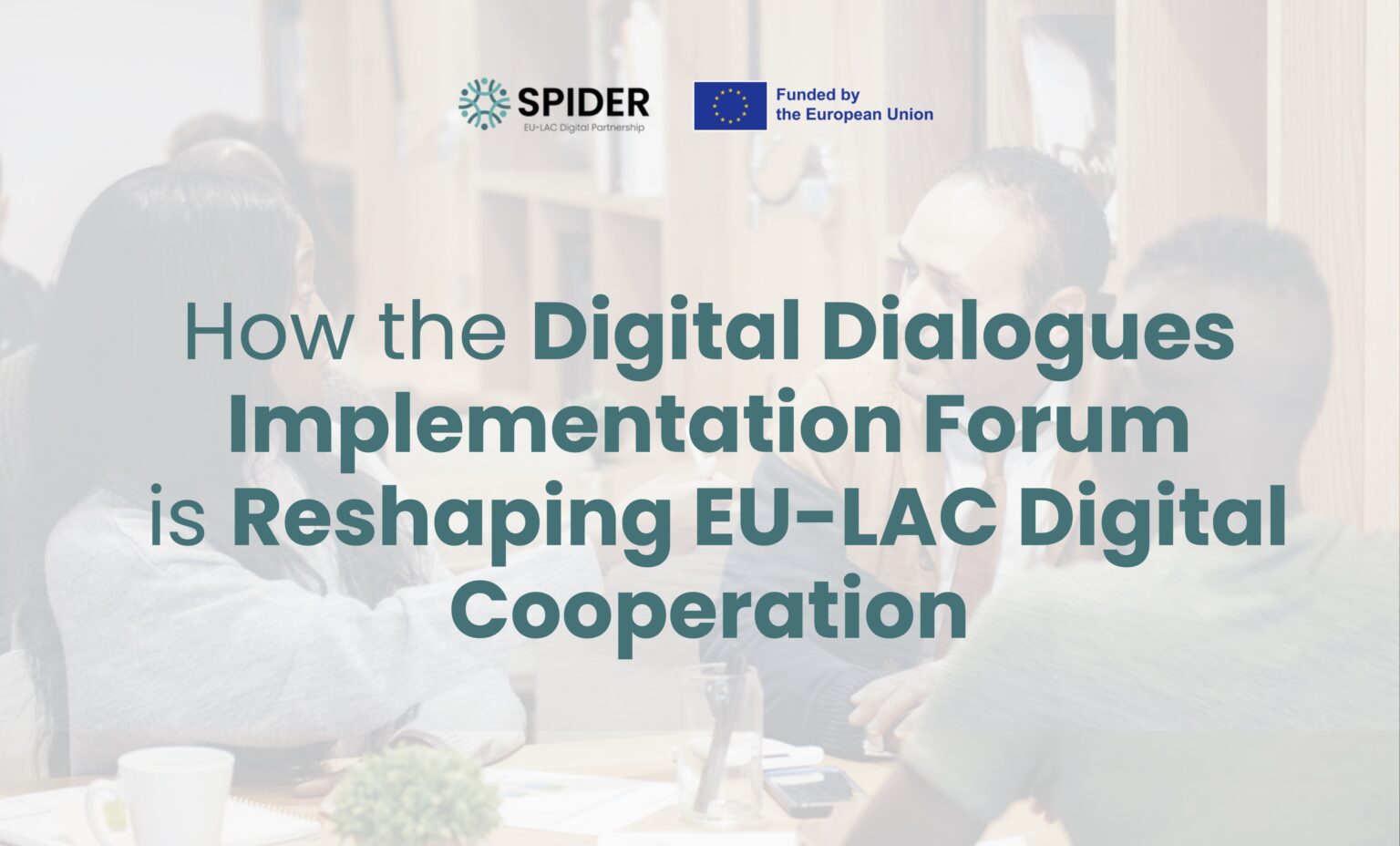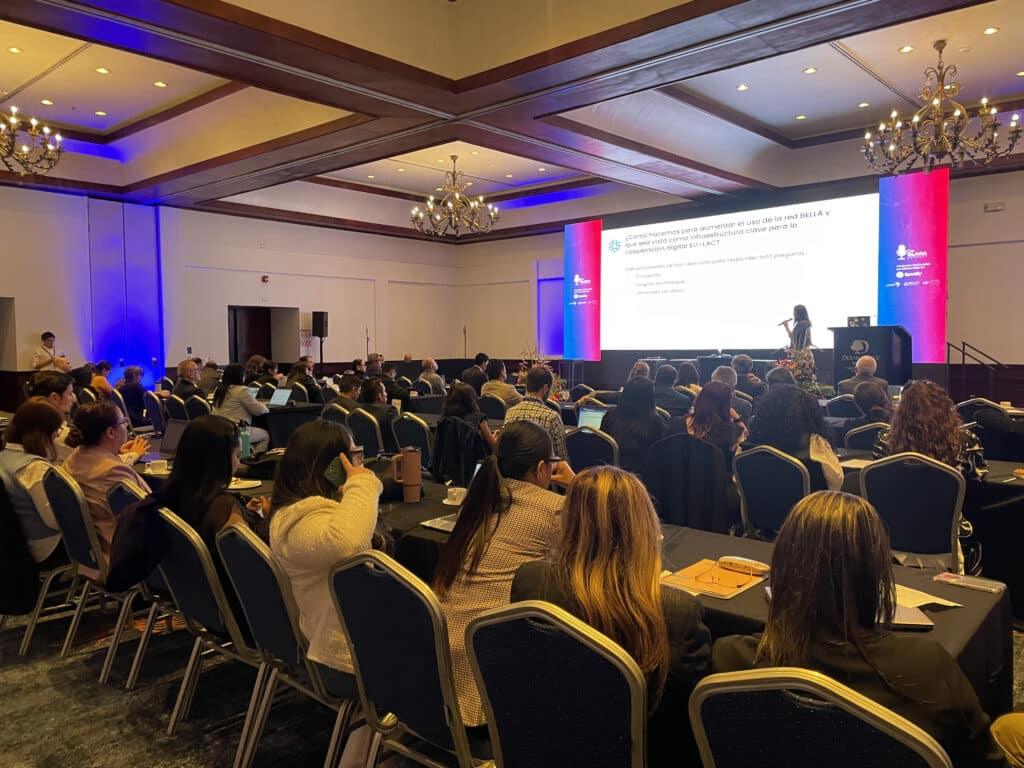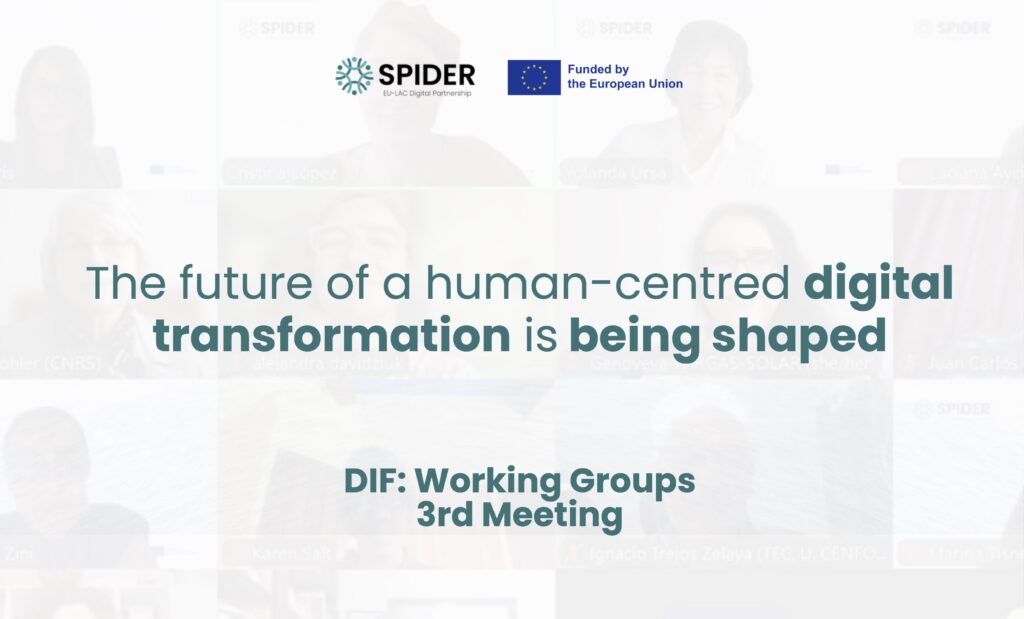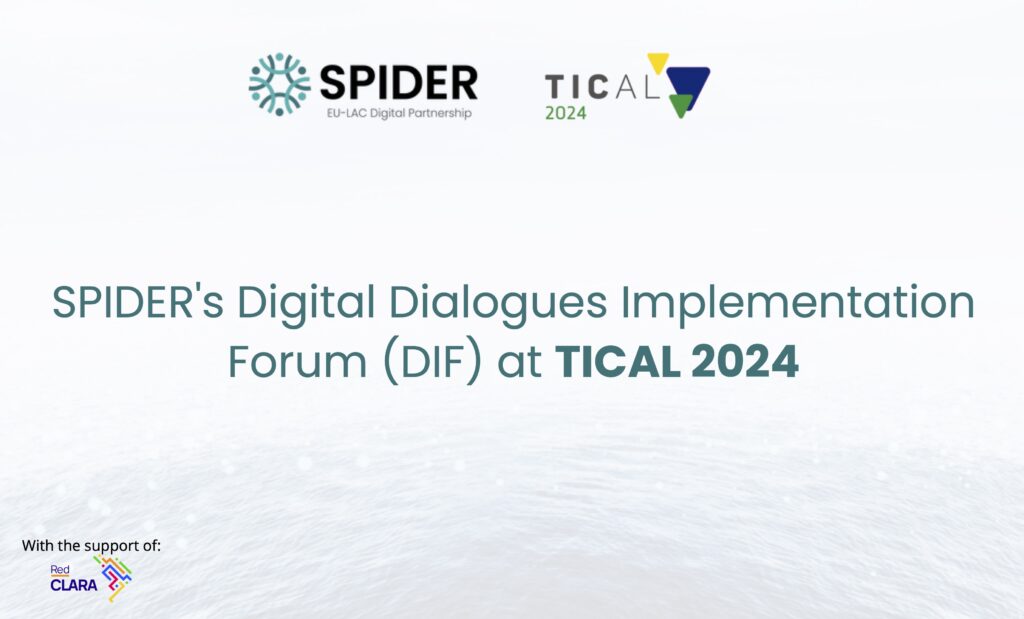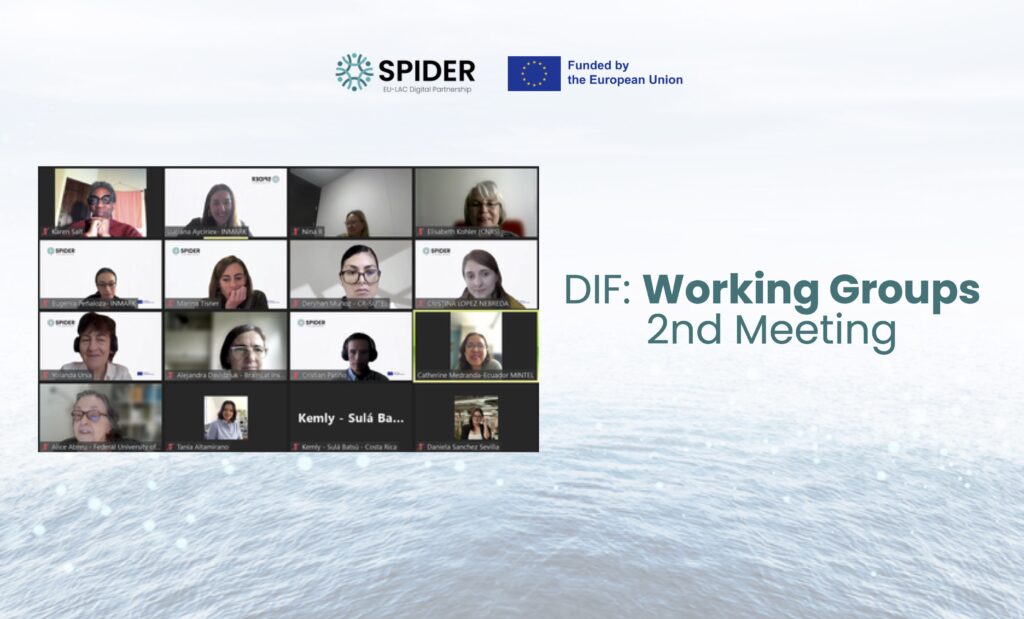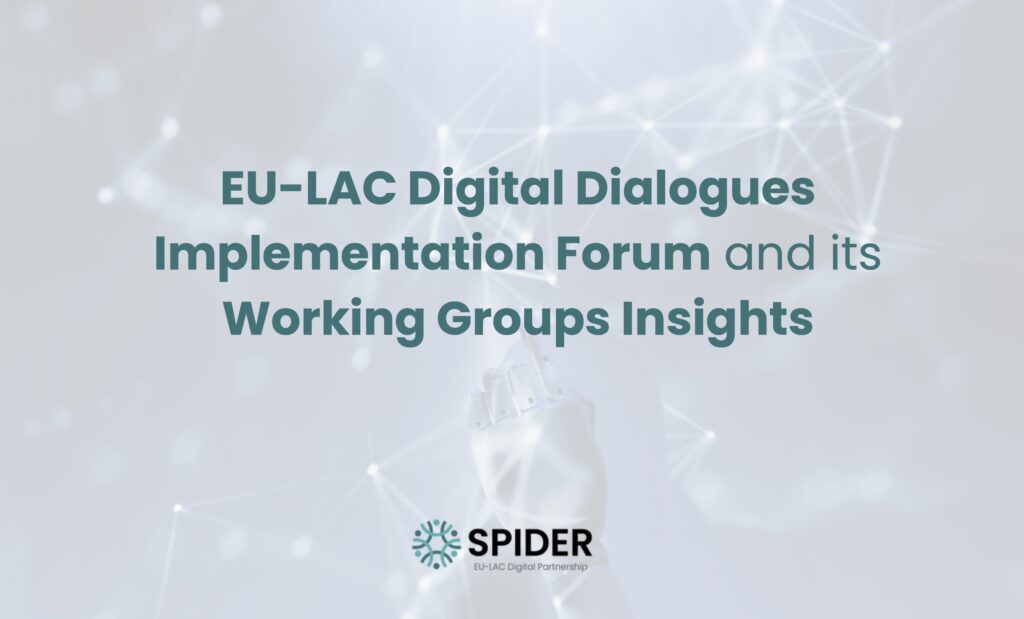The SPIDER Digital Dialogues Implementation Forum (DIF) has evolved from initial policy discussions among experts into a platform that influences how Europe, Latin America, and the Caribbean approach digital transformation challenges.
From Problem Identification to Solution Development
The DIF’s progression shows how sustained dialogue can sharpen understanding and focus action. Early meetings revealed fragmented approaches and misaligned priorities across regions. Through continued discussions, participants have pointed out clearer frameworks for coordination, such as “innovation sandboxes” for testing new technologies and collaborative approaches to algorithm audits.
Shifting Perspectives on Digital Independence
The evolution in how participants discuss digital sovereignty has been notable. Conversations moved from basic concerns about data management to sophisticated analysis of global power dynamics, with participants now examining how current tech dependencies mirror historical patterns.
This deeper understanding appears to be influencing policy directions—from European cloud initiatives to LAC’s growing interest in regional digital infrastructure.
Influencing AI Governance Approaches
The DIF has contributed to changing how regions think about AI regulation. Rather than simply adopting existing frameworks wholesale, discussions have encouraged LAC countries to consider how they might craft legislation that reflects their own cultural values while maintaining ethical standards.
The WG meetings provided intellectual space for developing this nuanced approach that balances international standards with regional autonomy.
Advancing Understanding of AI Bias
The Forum has helped transform how stakeholders understand AI bias. Discussions progressed from general awareness to specific examples—soap dispensers that don’t recognize darker skin tones, biased hiring algorithms—and examination of concrete solutions like explainability tools and diverse development teams.
This evolution demonstrates the Forum’s role in bringing together different perspectives for dialogue that produces actionable insights.
Informing Gender Inclusion Strategies
The Forum’s discussions on gender inclusion have moved beyond identifying familiar barriers to examining successful initiatives like Spain’s PROFEA programme for rural women’s digital literacy and exploring how structured mentorship programmes might be implemented across regions.
This shift toward analyzing what works shows how the DIF facilitates knowledge sharing and learning from existing practices.
Fostering Systems Thinking
The DIF has encouraged systems thinking about digital transformation. Participants now examine interconnections between technical decisions, cultural values, and social outcomes, with this understanding appearing to influence how policies are being developed.
Regional approaches now consider digital sovereignty alongside AI governance, link gender inclusion to bias reduction, and recognize that technical standards carry cultural implications.
Creating Shared Understanding
The Forum demonstrates how sustained expert dialogue can develop a shared understanding of complex challenges. The progression from fragmented discussions to more coordinated thinking across EU-LAC regions shows what focused, inclusive dialogue can achieve.
While the Forum itself doesn’t implement specific policies or programmes, it has become a space where ideas are developed, refined, and shared—contributing to the broader ecosystem of human-centred digital transformation across both regions.
The influence extends through participants who return to their institutions and countries with a deeper understanding of interconnected challenges and potential collaborative approaches to addressing them.

